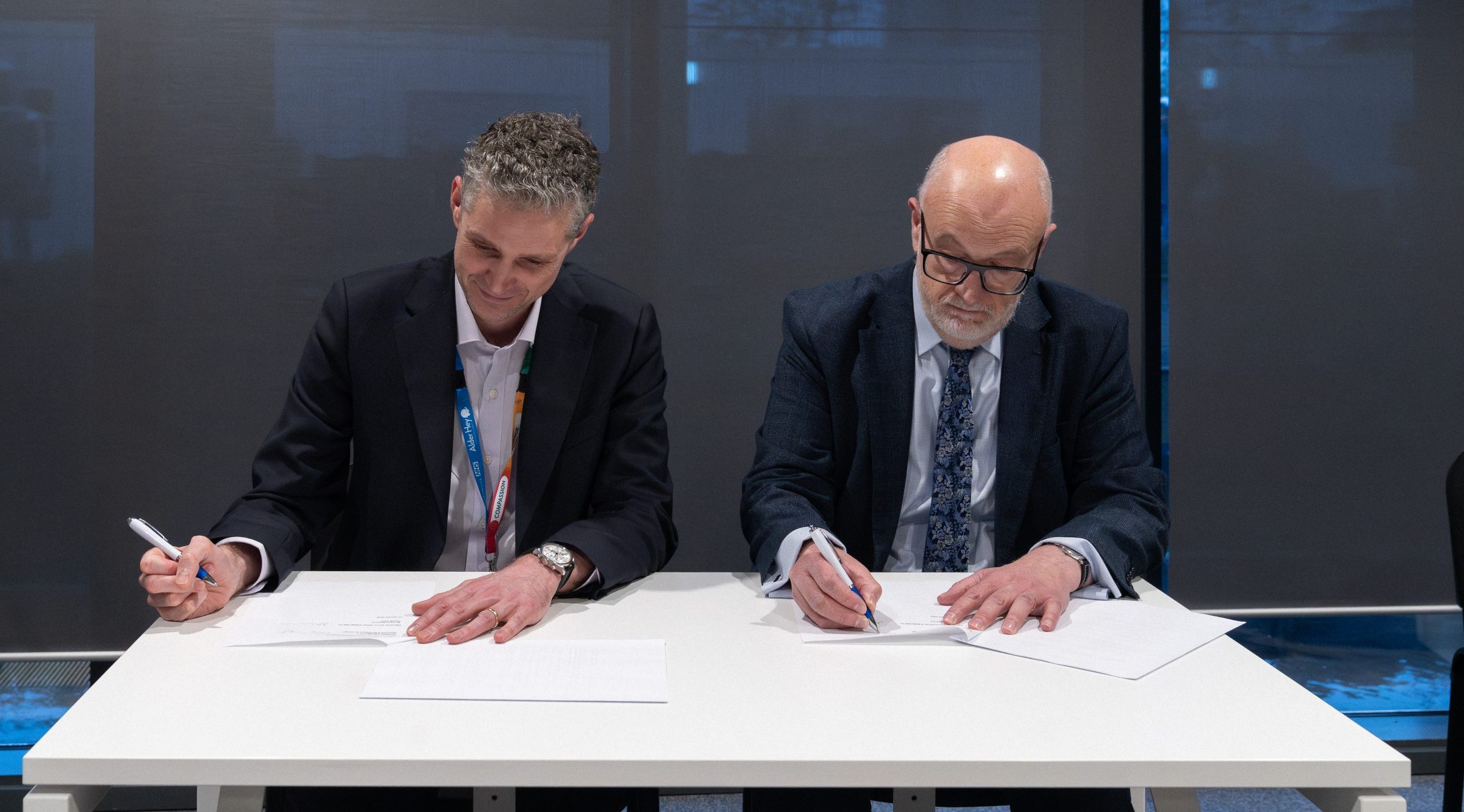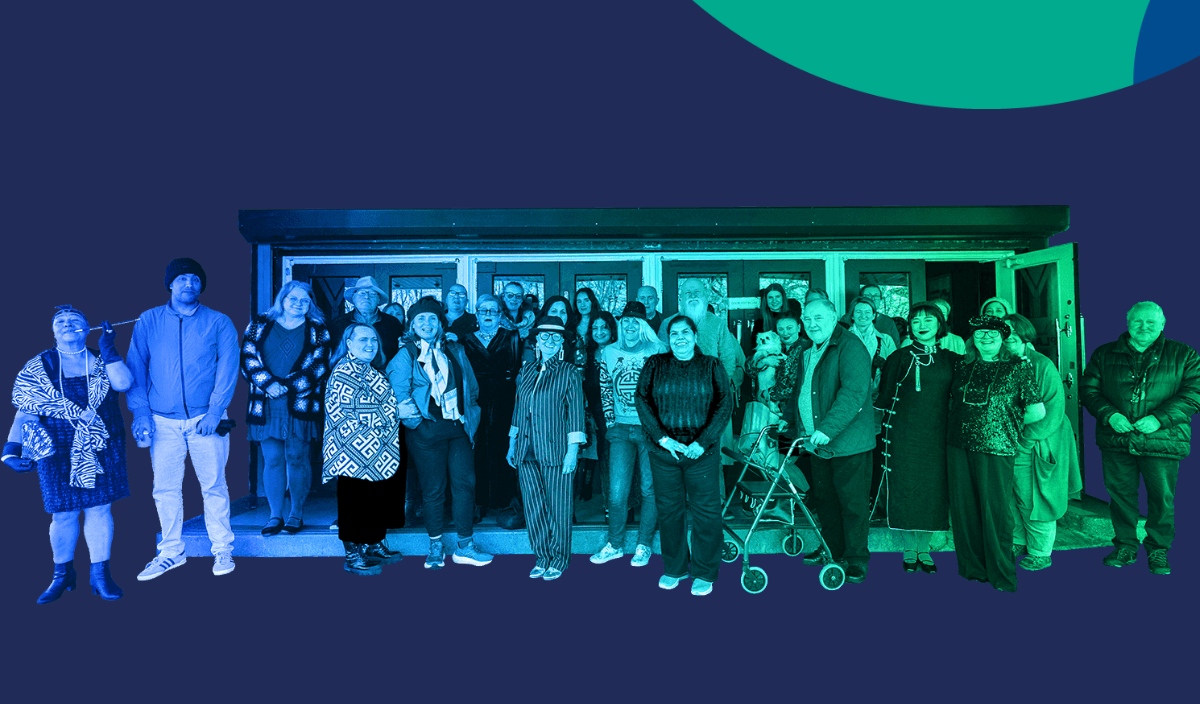Planning for recovery from COVID-19
Informing local plans for recovery from COVID-19
The ‘Health & Equity in Recovery Plans’ Working Group has been collaborating across the Liverpool City Region (LCR) to identify opportunities to provide rigorous evidence and examples of best practice to policy makers, commissioners and regional health teams. Their programme of work aims to ensure up to date evidence and analysis is available to all stakeholders in the LCR to aid decision making and offer public health intelligence to support recovery activities across the region.
Impacts of COVID-19 on population health and inequalities
The first output from the group has been a rapid evidence review of the direct and indirect impacts of COVID-19. The review aims to assist with the development of priorities and mitigating actions to support economic recovery without exacerbating existing inequalities.
To understand the full extent of the health and wellbeing consequences of the pandemic, beyond the direct impacts of the disease itself, the review also examined the effects of lockdown and other control measures on the ‘wider determinants of health’, those factors that determine our opportunities to keep well and be healthy. Bringing the evidence together through this rapid review confirms expectation that the impacts of COVID-19 have not been felt equally.
Although there have been some positive social impacts for communities through increased civic participation, social isolation and loneliness have had a negative impact on mental wellbeing.
Evidence is emerging that children and young people have been hit hard by social distancing and lockdown measures.
The economic downturn will have significant impacts on health and wellbeing in the short and longer-term. Young workers and low earners have been affected the most so far.
Educational inequalities may widen as surveys suggest that affluent households are more likely to be offered active help from school and are spending more hours a day on home learning.
The lockdown has exacerbated food insecurity and food need, particularly among children. The number of adults who are food insecure is estimated to have quadrupled during lockdown.
The full report can be downloaded here.
Partnership working
The ‘Health & Equity in Recovery Plans’ Working Group is coordinating a programme of collaborative research on behalf of Matthew Ashton (Director of Public Health, Liverpool City Council) and Professor Sally Sheard (Head of Department of Public Health and Policy, University of Liverpool) into the broader impacts of COVID-19 on population health and inequalities, in order to support a ‘wider determinants’ approach to recovery planning in the region.
The working group is co-chaired by Lisa Jones from the Public Health Institute at Liverpool John Moores University (LJMU) and Dr Andy Turner from the Liverpool City Region Combined Authority. The group includes wider representation from the University of Liverpool, LJMU, local authority public health teams and Specialty Registrars on the Health Education North West public health training scheme.
This inter-organisational approach is key to bringing together expertise from across the region to address the challenge of COVID-19 recovery and builds on the academic expertise of Liverpool Health Partners organisations (University of Liverpool and LJMU) and the public health, social and economic expertise of the LCR Combined Authority and local authority teams.
For further information about the Health & Equity in Recovery Plans Working Group, please contact:
Lisa Jones, Reader in Public Health, Liverpool John Moores University (L.Jones1@ljmu.ac.uk)
Andy Turner, Health Policy Lead, Liverpool City Region Combined Authority (Andrew.Turner@liverpoolcityregion-ca.gov.uk)



